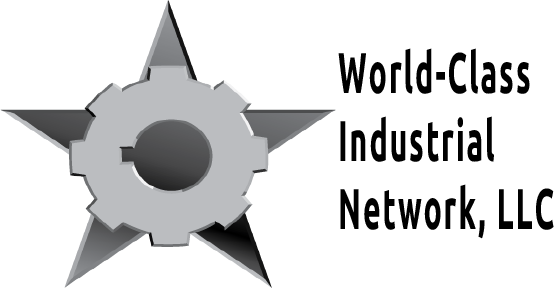How is Project Development different from Project Management?
Whether you are launching a new product, business line or program, work in a project-oriented industry like IT or construction, or just have a bunch of improvement initiatives you would like to pursue, you’re in the Project Development business. Most professionals have been exposed to at least some of the key concepts of Project Management, and the Project Management Institute has formalized a Project Management Body of Knowledge (PMBOK). But Project Development is not as well understood. Diverse project-oriented domains including construction, IT and product development have codified their own versions of a Project Development Process to varying degrees. So what’s the difference? In general, what distinguishes Development from Management is a heavy emphasis on the early stages, a.k.a. the "fuzzy front-end" of projects, where all that may be identified is a vague opportunity or idea. During these exploratory steps, there are a lot more unknowns than knowns, and there is rarely a commitment to proceed with a more detailed plan or design, let alone with execution. If these steps are navigated well, new information is revealed and assumptions confirmed or challenged through a structured but flexible discovery process. Feedback loops ensure plans and solution designs rapidly adjust as needed while still moving forward.
Guidelines for PD Success!
Because most people are uncomfortable in managing risk, the development phase is where most projects stall and die! We plan to start with a quick, low-cost, low-risk assessment and then jump right to detailed solution design. Unfortunately, projects in complex environments rarely work this way. If you have projects and initiatives like this to pursue, here are some important tips to keep in mind:
- If you want to proceed, know that there are no guarantees! There is no way to ensure success for individual projects in the early stages. There is also only one way to eliminate risk, and that is to not proceed at all. But there are proven ways to proceed while minimizing risk.
- Development is the point of highest leverage. This phase is where risk and reward can be optimized. Yet anxiety or impatience with the inherent ambiguity of the process causes an urge to take short-cuts, which typically leads to one of two outcomes. Most commonly the project withers and dies without implementation. Even worse, costly changes or even abandonment occur during implementation.
- Trust the process part 1- have a method. You need structure and methods. Truth is, not even experienced practitioners are comfortable with uncertainty. What they are is rigorous in their efforts to minimize it. To the extent practical, make visible ALL unknowns and assumptions, and make at least a cursory attempt to quantify or verify every single one within a reasonable range, no matter how crude the initial methods. It is the only way to surface the hidden uncertainty causing us to hesitate, to expose the biggest risk factors, and to provide the confidence to know what to do next.
- Trust the process part 2 - stay disciplined! It takes uncommon discipline to see a plan through in the face of doubt. While agility is essential, leadership must know the difference between an adjustment and a knee jerk reaction. Such responses rarely provide new and useful information and usually exacerbate existing challenges while adding new ones. Further, even experienced practitioners must rely on the process to avoid the trap of jumping too quickly to familiar solutions. Lastly, it requires both wisdom and consensus to know when to proceed, when to adjust or even when to abandon plans.
- Experience Counts! Because of all of the above experience navigating this process with both success and failure is therefore incredibly valuable.
- Try a Pilot first. Success is more likely with smaller phased, or iterative (spiral) projects including a pilot or prototype phase. This allows your team to learn important lessons, and calibrate the solutions before going to scale.
- Spread your Risk. Breaking a large project down into smaller phases minimizes the magnitude of problems or even failure. Similarly, success is much more likely across a program, or portfolio of projects, and with a disciplined development approach.
So, what do we mean when we say World-Class Industrial Network and eCap Network are "Project Development" firms?
Our team of consultants are experts with technical skills in different domains, but we are all practiced in navigating the Project Development Cycle from concept to pay-off. We have learned best practices through study, as well as hard, real-world lessons from direct experience. Those lessons, methods and tools have become the foundation of our PD methodology. Everyone on our team has helped to identify and assess opportunities, fund those opportunities, plan and design a way forward, implement the solutions and verify performance. This orientation allows us to help you avoid potential pitfalls and barriers, and keep your projects moving forward, even when resources are initially scarce.
